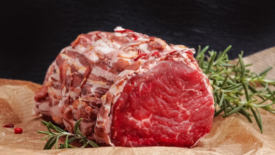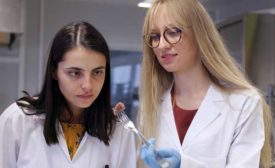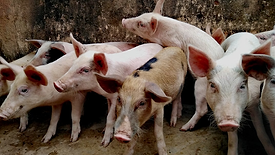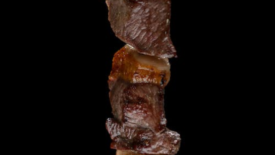Alternative Proteins
From Lab Bench to Consumer: The Regulatory and Safety Challenges of Cultivated Meat
Regulatory and food safety hurdles must be overcome for cultivated meat to reach the commercial market
June 12, 2023
Never miss the latest news and trends driving the food safety industry
eNewsletter | Website | eMagazine
JOIN TODAY!Copyright ©2024. All Rights Reserved BNP Media.
Design, CMS, Hosting & Web Development :: ePublishing









